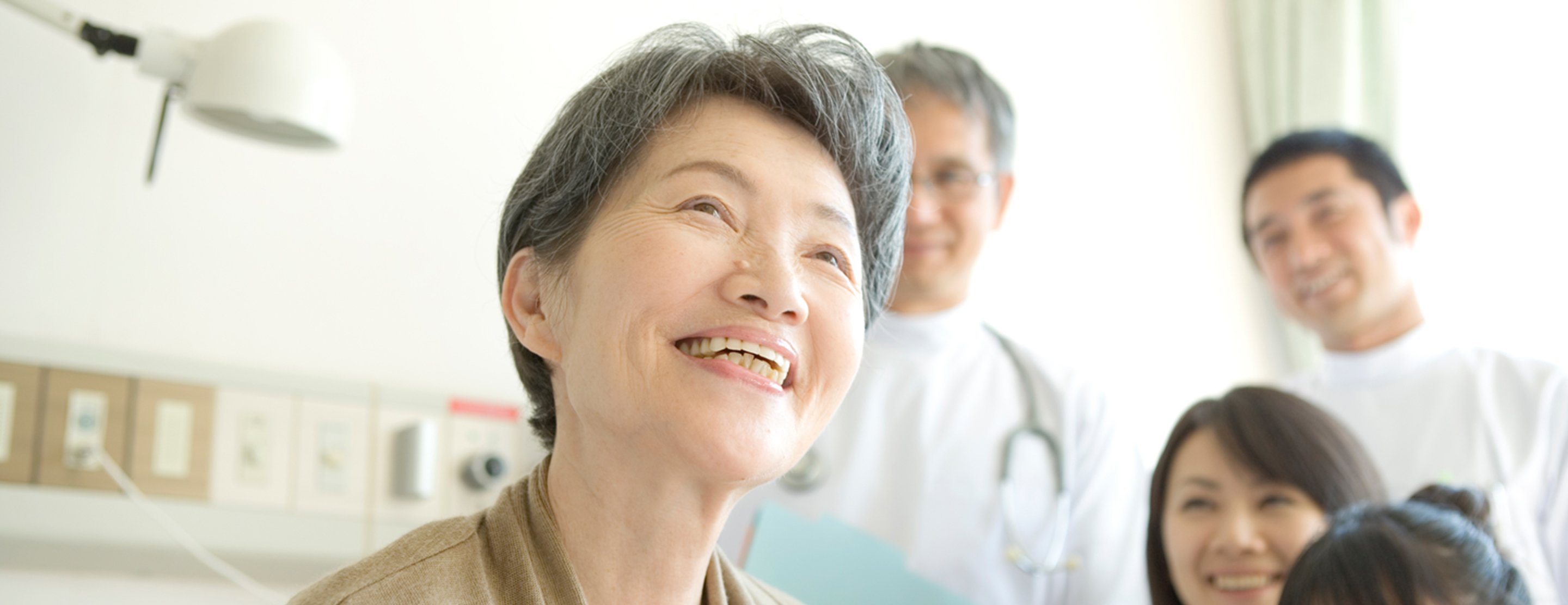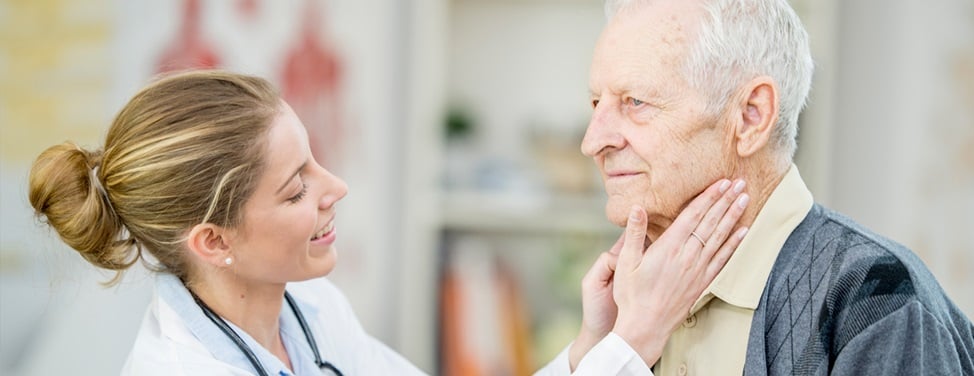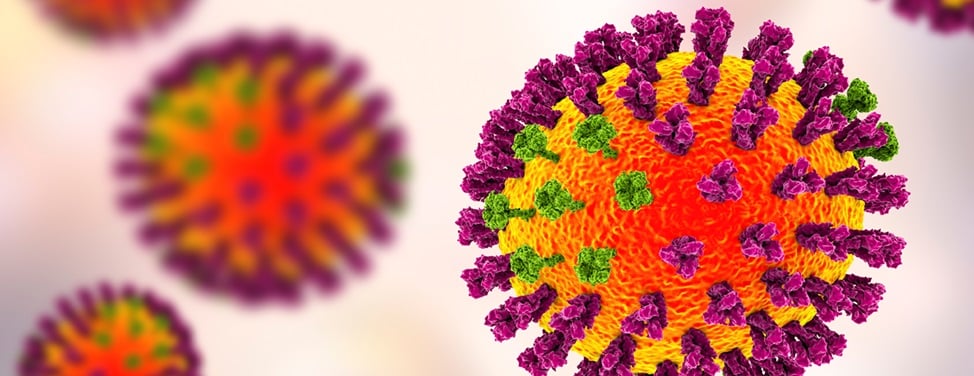
Hospital Precautions
When patients have or are suspected of having harmful, contagious germs, precautions are taken to prevent their spread. The following are some precautions taken at UCSF Medical Center:
Airborne Isolation Precautions
Airborne precautions are used when you have a lung or throat infection or virus, such as chicken pox or tuberculosis, that can be spread via tiny droplets in the air from your mouth or nose. These germs may stay suspended in the air and can spread to others. One of the precautions that may be taken is called "airborne isolation." This means your room will have negative air pressure. When the door to your hospital room is open, air flows into your room but won't flow out of your room into the hall.
When these precautions are in place, the hospital staff will:
- Clean hands between tasks and upon entering and exiting your hospital room
- Place a sign on your room door to let staff know what do do.
- Close the door to your room.
For Patients
- Clean hands frequently, especially after coughing and sneezing.
- Keep room door closed at all times.
- Be sure visitors read the sign on your door.
- Leave your room only when medically necessary and wear a mask when you do.
- Limit visitors to a few family members and friends who have immunity to your illness.
For Visitors
- Clean hands when entering and exiting patient's room.
- Confirm that you have been vaccinated or have had the patient's disease to develop immunity.
- Go to the nurse's station, if you have any questions.
Contact Precautions
Contact precautions are used when you have harmful germs that can spread when people touch you or your environment.
When these precautions are in place, the hospital staff will:
- Clean hands frequently.
- Put a sign on your door to let staff know what do do.
- Wear gloves and gowns when entering your room.
For Patients
- Clean your hands frequently.
- Be sure visitors read the sign on your door.
- Limit visitors to a few family members and friends.
For Visitors
- Clean hands upon entering and exiting your room.
- Avoid contact with dressings, tubes, bed sheets and other items the patient may touch.
- Do not go into the rooms of other patients.
- Go to the nurse's station, if you have questions.
Droplet Precautions
Droplet precautions are used when you have or may have germs in your lungs or throat, such as those caused by the flu, that can spread by droplets from your mouth or nose when you speak, sneeze or cough as well as when people touch the surfaces around you.
When these precautions are in place, the staff will:
- Clean hands frequently
- Put a sign on your door to let staff know what to do.
- Wear a mask and eye protection.
- Place masks outside your door for use by hospital staff and visitors.
For Patients
- Clean hands frequently, especially after coughing and sneezing.
- Be sure visitors entering your room have read the sign on your door.
- Leave your room only when medically necessary and wear a mask when you do.
- Limit visitors to a few family members and friends. Brothers and sisters of pediatric patients on droplet precautions are discouraged from visiting and may not visit communal areas such as the playroom.
For Visitors
- Clean hands upon entering and exiting your room.
- Wear a mask and eye protection before entering the room and while visiting.
- Go to the nurse's station, if you have any questions.
Handwashing Standards
When cleaning hands with soap and water:
- Wet hands with warm water.
- Dispense one measure of soap into palm.
- Lather by rubbing hands together for 15 seconds, covering all surfaces of hands and fingers.
- Rinse hands thoroughly
- Dry hands with paper towel.
- Use a towel to turn off faucet.
- Discard towel in the trash container.
When cleaning hands with alcohol gel:
- Dispense one measure of gel into palm of one dry hand
- Rub hands together covering all surfaces of hands and fingers until dry, about 15 to 20 seconds.
For more information, contact Hospital Epidemiology and Infection Prevention and Control at (415) 353-4343.
UCSF Health medical specialists have reviewed this information. It is for educational purposes only and is not intended to replace the advice of your doctor or other health care provider. We encourage you to discuss any questions or concerns you may have with your provider.









